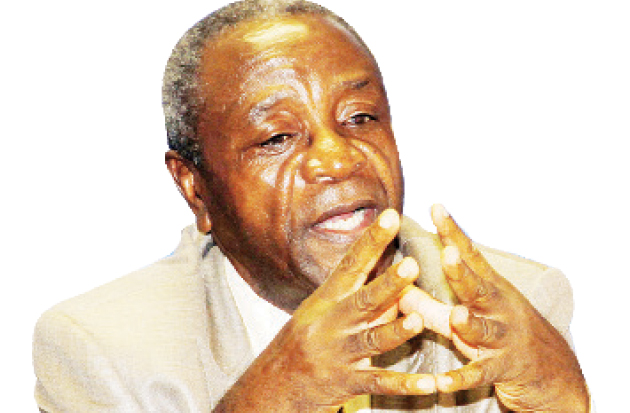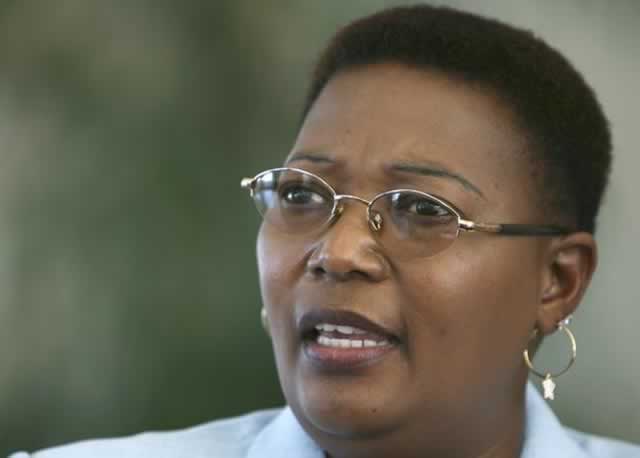Burundi leader sacks ministers amid protests over election bid

BURUNDI’S president has sacked three cabinet ministers, as protests resumed after last week’s failed coup. A spokesman for the president told the BBC that President Pierre Nkurunziza had dismissed his defence, external relations and trade ministers in a cabinet reshuffle yesterday.
It comes amid protests against the president running for a third term in elections due next month.
Nkurunziza returned from Tanzania last week after a failed coup.
The BBC’s Ruth Nesoba says soldiers fired warning shots to disperse crowds yesterday morning as youths barricaded roads.
Protesters were chanting for President Nkurunziza to drop his plans to seek a third term in elections.
Some businesses were closed and activities stopped in the Nyakabiga, Musaga and Mutakura neighbourhoods of Bujumbura, says our reporter.
However, she says life carried on as normal in areas where the president is popular.
On Sunday, Kenya’s president called his Burundian counterpart, urging him to delay the elections.
Several alleged leaders of the coup attempt have been arrested but Gen Godefroid Niyombare, who announced it in a radio broadcast, remains on the run.
President Nkurunziza made his first official appearance in front of international media since returning from Tanzania on Sunday.
The president said nothing about the coup plot or the current crisis in the country.
Instead, he said Burundi faced a specific threat from the Somali Islamist movement al-Shabab.
Al-Shabab spokesman Sheikh Ali Mahamud Rage denied this, saying the statement was intended “to divert the world’s attention from him”.
Burundi has troops fighting al-Shabab, as part of the African Union mission in Somalia.
Yesterday Tanzanian officials confirmed a cholera outbreak at a refugee camp sheltering thousands of people who fled political unrest in neighbouring Burundi.
“We can confirm that there is an outbreak of cholera at the Burundi refugee camp in Tanzania,” Health Ministry spokesman Nsachris Mwamwaja said.
“The Ministry of Health is sending a team of medical experts to the Burundi refugee camp in Tanzania to deal with the cholera outbreak.”
Meanwhile, Kenya’s president Uhuru Kenyatta has said that Burundi should postpone its elections to give time for the region to come to “an amicable solution that calls for continued peace in Burundi”.
Kenyatta, in a phone call to President Pierre Nkurunziza yesterday morning, again reiterated the East African Community’s position that he should postpone his country’s elections within the constitutionally allowed term of the current Parliament.
Kenyatta made the phone call from South Africa after meeting with President Jacob Zuma at the presidential guest house in Pretoria.
Kenyatta was in South Africa to address the opening session of the Pan African Parliament in Midrand.
He told SABC foreign editor Sophie Mokoena in an interview that “Burundi has come a long way, courtesy of the region and courtesy of great men like Nelson Mandela . . . and your own President Jacob Zuma”.
Mandela and Zuma helped broker a peace deal in Burundi in 2000.
“We believe that peace and stability are critical to Burundi,” he said.
He said the East African Community “also called on all parties to refrain from violence to enhance dialogue” to come to an amicable solution that was acceptable to the people of Burundi and that would allow for free and fair elections to take place.
Ten days ago Zuma sent Minister in the Presidency Jeff Radebe to try to persuade Nkurunziza to refrain from his bid to run as president for a third term. Burundi’s constitutional court ruled that he was allowed to, after Nkurunziza argued that he was elected by Parliament and not the people in 2005.
There was talk on Wednesday night, as news broke of the attempted coup against Nkurunziza and after he was refused entry back into Burundi from Tanzania, that South Africa could step forward to offer him refuge. Nkurunziza, however, refused the offer.
Burundi’s elections are scheduled for the end of May while the presidential elections are set to take place at the end of June. — BBC-City Press.












Comments